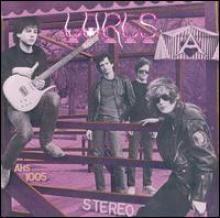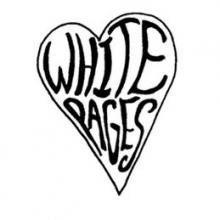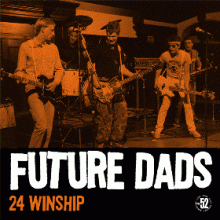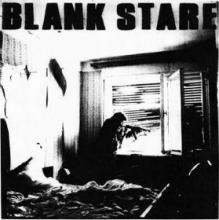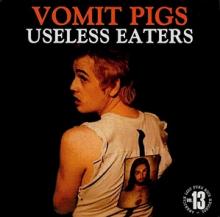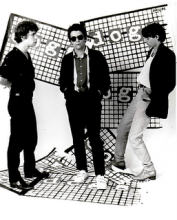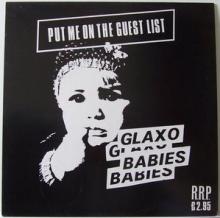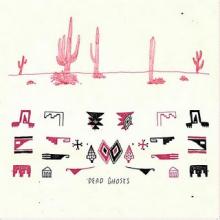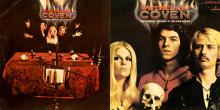Pinning a sound on a specific place is difficult to do. It works on occasion, but trying to associate the more garagey side of the independent rock world with Canada, even if it’s Vancouver, gets kinda difficult to do. Down south, here in the States, our perception of those northerners is one of tremendous calm. It’s clean up there. Pots a bit more tolerable and there’s free stuff from the government, easily accessible and not at the center of a decades old political debate. Maybe all of that actually goes into Dead Ghosts’ echoey and sometimes slowly paced, but in a good way, debut album.
After a handful of singles and cassettes the band turned in its first long player, self titled that is, through Florida’s Dying. Despite the large distance between the band’s home and its label’s, the pairing’s an apt fit. For whatever reason, most of the garage groups springing from Florida don’t traffic in the most revved up derivations of the genre. There’s a lilting quality to the whole thing, Dead Ghosts included, making works seem older and perhaps more dusty.
Yeah, Dead Ghosts have an album named Dead Ghosts and a song on that album called “Dead Ghosts.” Again, though, it’s fitting. The song’s aural qualities go a long way towards summoning spirits. It’s all lopped blues shuffle, plunking toy piano and almost passable slide guitar. If you heard this stuff coming out of your neighbor’s house, you’d think it was haunted. And that’s, obviously, the point. But it works almost effortlessly. Of course, fading the song out and bursting into the country cum Nuggets “Getting Older” is nothing short of a jolt. And while the combination of various country stylings with Dead Ghosts’ sixities’ rock stance isn’t necessarily original, Francis Harold and the Holograms are pretty adept at that pose, it’s turned in with impeccable skill. Or, at least, as much skill as necessary for an effort like this.
